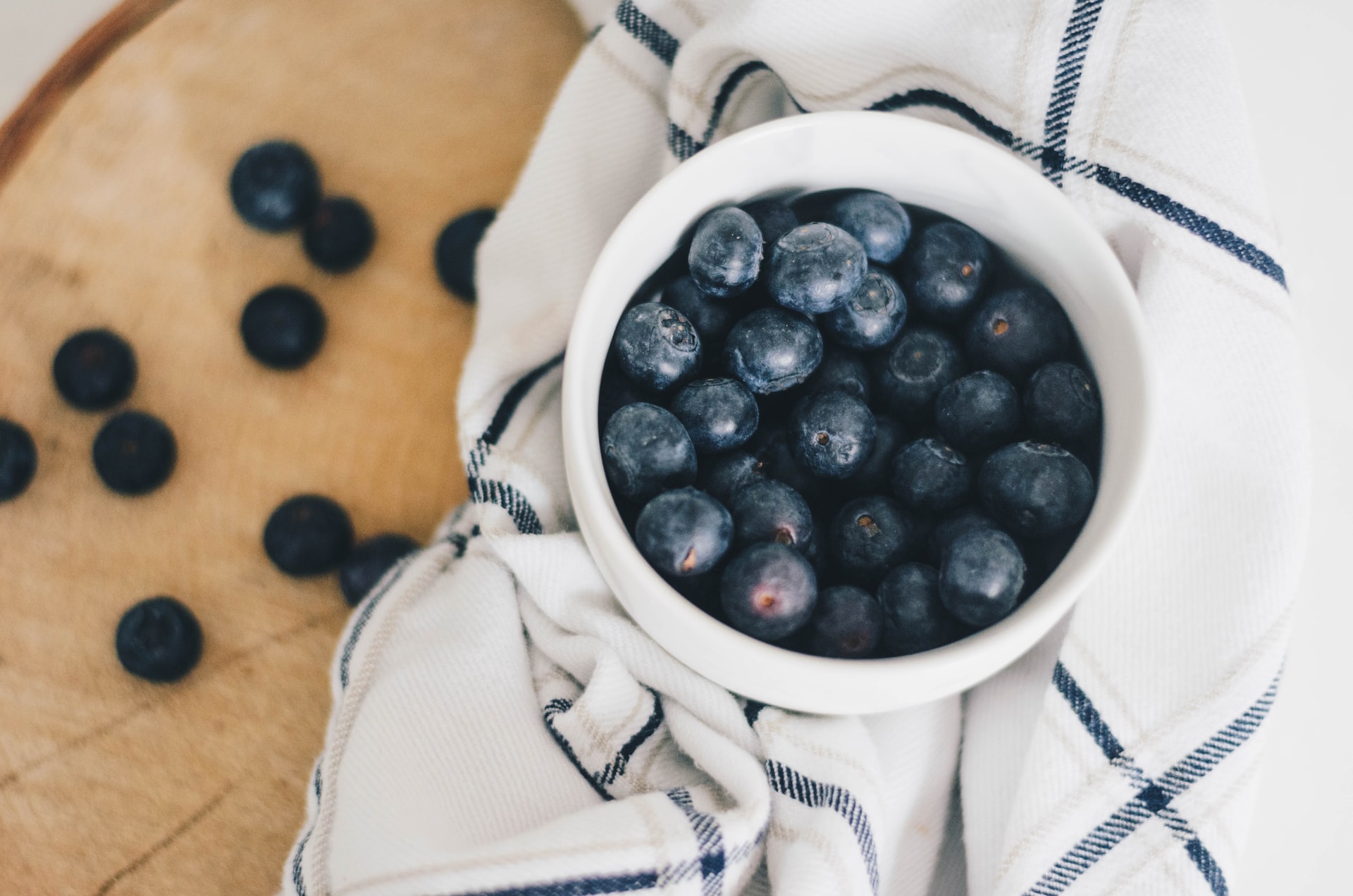
For a long time, we have observed food as fuel for the entire body. While that is true, it’s important to know that what we eat can have a specific impact on different organs in our bodies.
Lately, there has been plenty of research and studies that show a connection between food and mental health. They show that eating high-quality food, packed with vitamins, minerals, and other essential nutrients can improve mental wellbeing, cognition, and memory, and even help prevent dementia and Alzheimer’s. The good news is that the foods that benefit your mind almost always benefit your body as well. So, if you’re looking for the way to the full capacity of your brain, here’s how to get there through your stomach.
Fatty fish
Fatty fish are considered the best source of Omega-3 fatty acids, which contribute to building membranes around the brain cells, thus improving the structure of neurons. Also, a 2017 study found a link between Omega-3s and cerebral blood flow. To boost your brain function, choose fish that contain high levels of Omega-3 fatty acids, such as tuna, salmon, mackerel, sardines, and herring.
If you’re not a fan of fish but want to experience the benefits of Omega-3s, you can increase your intake of flaxseeds, nuts, and soybeans.
Kale
When we’re talking about super-powerful healthy foods, we usually think of some exotic and expensive things, like avocado and chia seeds. However, many of the so-called superfoods can be found in each U.S. state, and most of them are good for your memory and cognition. Kale, for example, is rich in glucosinolates and other essential vitamins, minerals, and antioxidants that promote good health. Glucosinolates are particularly important because they produce phytochemicals called isothiocyanates, known for their ability to reduce the risk of neurodegenerative diseases.
Coffee
Many people drink coffee to stay alert, as caffeine can block the substance in your brain that makes you feel sleepy. In a 2018 study, it is suggested that caffeine can also boost the information-processing function of your brain. Caffeine also supports brain health with antioxidants and some evidence suggests that it can reduce the risk of cognitive decline. However, too much caffeine can make you anxious and hamper your sleep, so make sure you consume it in moderate amounts.
Eggs
The favorite breakfast food of many, eggs are an excellent source of Vitamin B-6, Vitamin B-12, and folic acid. These vitamins can decrease the levels of homocysteine, a compound linked to Alzheimer's disease and cognitive impairment. Research shows that they can slow the rate of accelerated brain atrophy in older subjects. The vitamins found in eggs can also help regulate normal brain function.
Turmeric
The spice we can thank for the beautiful yellow color of curry powder has proven to have many other things to brag about. Because of curcumin, the active ingredient of turmeric, this spice can help ease depression, improve memory, and contribute to new brain cell growth. The potent antioxidant has an anti-inflammatory effect, reducing the risk of dementia and Alzheimer’s.
Blueberries
Anthocyanins, the compound found in blueberries and other dark-colored berries, provides antioxidant and anti-inflammatory effects. This enables them to effectively fight against neurodegenerative diseases. Researchers have suggested other benefits, which include improved communication between the brain cells and delayed short-term memory loss.
Avocado
The influencer-favorite food, avocado does have a powerful effect on the human body. It is particularly beneficial for the brain because it is loaded with folate, Vitamin K, mono-saturated fats, protein, Vitamin C, and Vitamin B. All of this makes avocado a “miracle-worker” when it comes to improving memory and concentration.
Celery
The crunchy vegetable is packed with antioxidants and polysaccharides. These give it the powers to fight inflammation and preserve brain health.
Dark chocolate
No food-related article should go without a dessert. Fortunately, dark chocolate contains brain-boosting ingredients such as caffeine, antioxidants, and flavonoids. Flavanoids are the key compound here, because there is a connection between them and enhanced memory and reduced age-related mental decline. Some researchers even suggest that dark chocolate is a great mood-booster – and you might agree on that just from experience!
Final word
There’s no going wrong when you’re eating a healthy and balanced diet packed with vitamins, minerals, and antioxidants. But, if your goal is to boost your brain health, you’ll definitely want to amp it up by making these foods a regular part of your nutrition.
Written by Hannah Thomas
About the Author
Hannah Thomas is a gardening and home décor enthusiast. Garden is the place where she feels most comfortable, that’s why there are always a lot of books and empty coffee cups on the back porch. Always learning, exploring and smiling.
You may also like
10 Herbs to Supercharge Your Brain and Body
Why Healthy and Organic Foods Are Important For Children
Olive Leaf Extract vs. Olive Oil: What’s the Difference and Which Has a Better Effect?
What Foods Kill Candida and Fungus?
